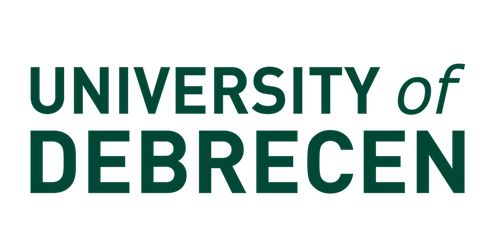My research interests include three areas in economics:
- institutional analysis with special focus on how and why institutions promote economic development
- the Austrian market process and entrepreneurial theories
- theory of the firm
I was awarded several scholarships and fellowships to do research at some prominent research centers in Europe and the US. These include the International Center for Economic Research (ICER) in Turin, Center for Economic Research at the University of Paris1, Institute for Economic and Social Research (IRES) at Catholic University of Louvain, Kelly School of Business at Indiana University.
I have earned grants for numerous research projects including both individual and team research that I have led. These are as follows:
Our research is concerned with the question of how the culture of a country affects its economic development. More precisely, the problem we want to address with this research is that culture is seen in this literature as a “black box” which is given at the country level, and determines what types of formal institutions can successfully adapt. There are good reasons to believe that this is not the full story about culture and its role. Our aim, therefore, is to open up this black box and see whether culture has different “layers” whose effect on development may be different. At general level, the culture can have two different effects on economic development. Culture partially determines the institutions and policies a country has, which further determine development. But culture may have effects independently of institutions and policies, for example through innovation and investment. We will devote a special attention to FDI as a possible direct channel. The main question of our research is through which channels different layers of culture affect development, if they do at all.
The focus of the research was one of the well-defined questions of the analysis of how institutions influence economic development: how and through which mechanisms can individual rights (political, civil and property rights) and informal institutions (individual values, culture) affect economic performance? In this spirit, the research was led in one theoretical framework, but on two separate fields. The first research field dealt with the impact of individual rights on development. As for the analysis of the effects of property rights, the novelty of our methodology was a separation of two components of the property rights. Here we showed that under specific conditions the two components have different impact. As for the political rights, we focused on the analysis of how political rights (political freedom) and economic freedom interact in the two kinds of social orders. The second main field of research was concerned with how informal institutions affect long-term income. Here our intention was to use a theoretically well-founded measure for culture, which led us to individual values. On the basis of the theory of institutional stickiness, our empirical results proved that individual values are stronger cause of economic development than formal institutions. Besides values, we also analyzed the effects of ideology and attitudes which are less sticky than values.
Our research has been aimed at exploring the interrelationships between technological and institutional change. As a first sub-area we reviewed the various institutional approaches and specified the differences between the new and old institutional, and the modern Austrian economics approach. The second sub-area was the analysis of the relationship between techno-economic paradigms and technological change. On the one hand, we reviewed the literature at the crossroad of institutional economics and growth economics. On the other hand we derived new results concerning the evolution of the factory system by merging the approach of the theory of the firm with that of economic history. Our third sub-area was the analysis of the cross country competition of institutions. We showed that the institutions of democracy (as a sign of the exogenous commitment of the government) are necessary for a country’s catching-up process but one cannot exclude the possibility that the only source of this commitment lies in informal factors. As a fourth sub-area we analyzed the interrelationship between standards and technological change. Our results within this sub-area are twofold. On the one hand, we formulated the role and functions of standards by understanding them as institutions. On the other hand, we explored how the characteristics of transactions between different nodes of a network industry affect the optimal regulation environment.
The major concern of our research was to investigate why and how institutions affect economic growth. To give an answer to this question our theoretical framework was Austrian economics. In the theoretical part of the research we developed a framework to explore the relationship between economic freedom, institutions and entrepreneurship. Its cornerstone was a development of a coherent concept of economic freedom which was based on Hayek’s (1960) concept of freedom. An important consequence of our concept was that it allowed us to categorize governmental actions from the viewpoint of economic freedom into freedom-compatible and freedom-non-compatible actions. Our concept of economic freedom, connected with the Austrian theory of entrepreneurship (Kirzner 1973) is a category in its own right which is different from that of economic efficiency and it is a separate factor in economic development. The reason behind that is that entrepreneurial discoveries are supported by the institutions of economic freedom. Thus, the channel through which economic freedom deploys its beneficial effects is entrepreneurship. In our empirical analyses we relied on our theoretical framework. Here, on the one hand, we developed a measure based on the separation of freedom-compatible and non-compatible institutions, and on the other hand, we did cross-country regressions with our measure and another economic freedom index. The results provided a support for our arguments.

